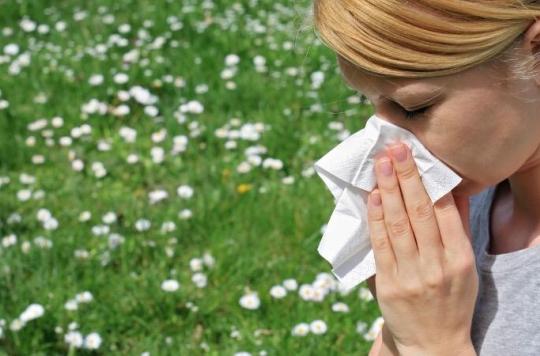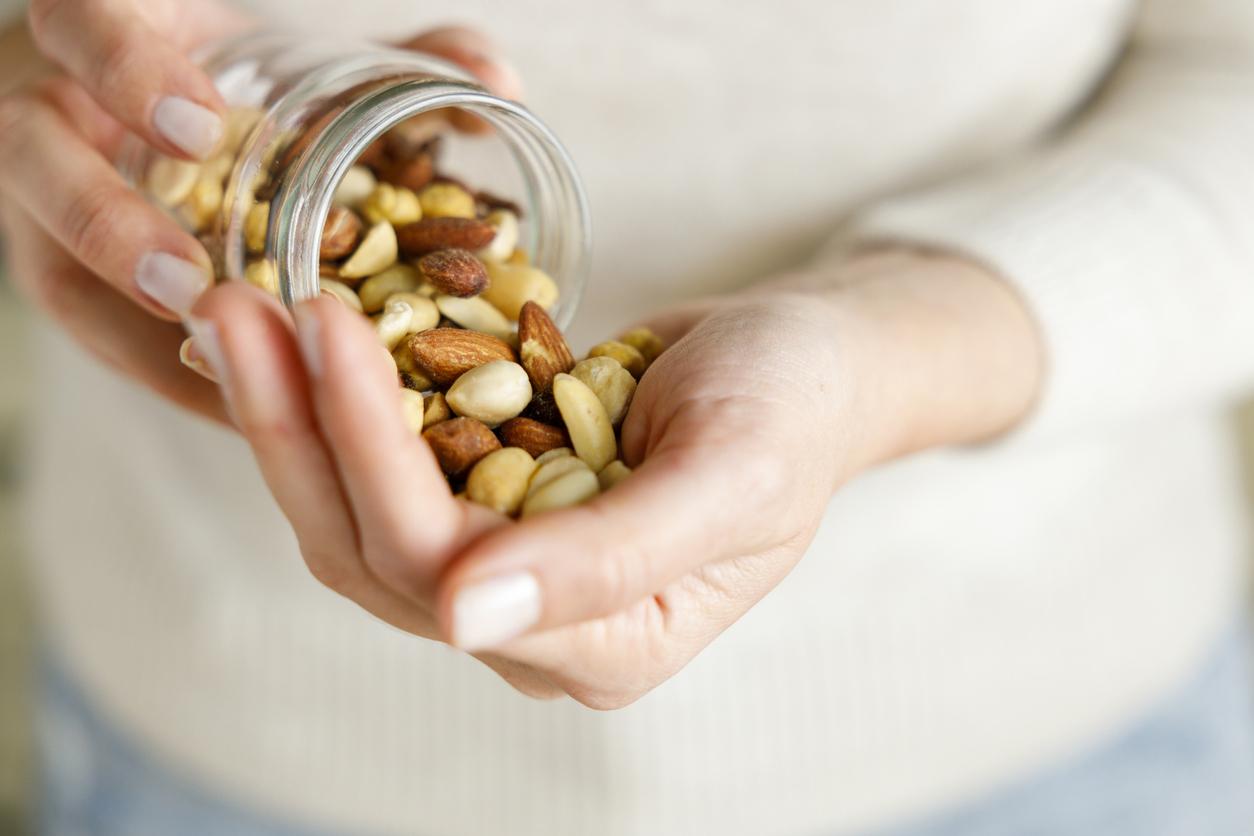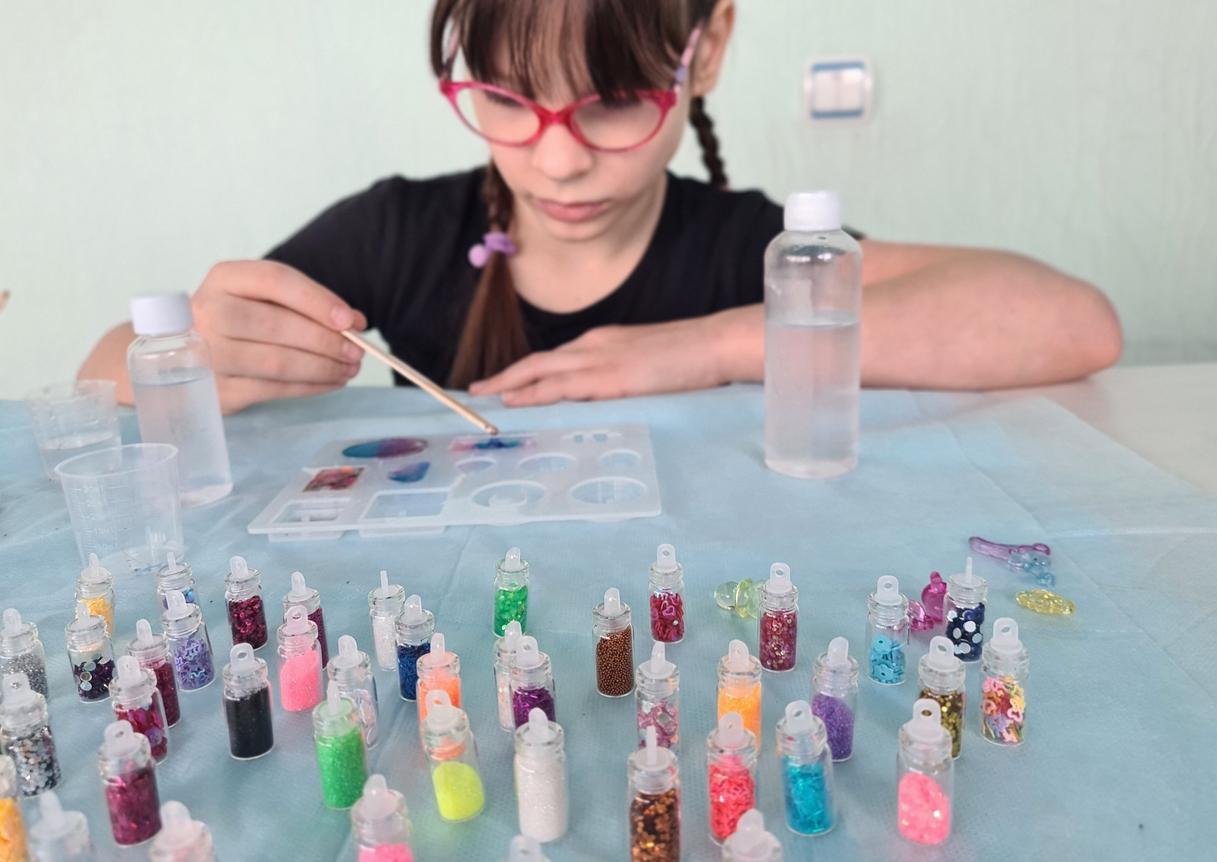France is widely affected by grass pollens. Only a few departments escape the red alert.

If you are allergic to pollen, the week may be long. the national aerobiological surveillance network (RNSA) placed much of the territory on red alert until June 8.
From Morbihan to Alsace, going as far as the Atlantic Pyrenees, almost no one will be spared by pollen. It is the pollens of grasses which are very present in the air, there will also be pollens of plantains and sorrel. Oak pollens are decreasing compared to the beginning of May.
[Bulletin] ???? Grasses: Game, Set and Match ????! New complicated week ahead for allergy sufferers. Fortunately the unstable weather forecast will relieve them during the showers ????? and thunderstorms ?? ! #pollen pic.twitter.com/FluluAJdYx
– National Aerobiological Surveillance Network (@rnsa_pollen) June 1, 2018
Hope for improvement
The weather forecast for the week could perhaps reduce the pollen concentration, as stated in the RNSA press release: “The unstable and very changeable weather of this week alternating between fine clearings and showers will cause the pollen concentrations in the air to vary. . They will be strong during sunny days and may, conversely, decrease sharply after thunderstorms. “
Not trivial allergies
20 to 40% of French people suffer from a pollen allergy. If some believe that an allergy is harmless, it is quite the opposite. It can lead to fevers, wheezing when breathing and very tired. The main manifestations of a pollen allergy are rhinitis, conjunctivitis or even allergic asthma. In some rarer cases, it can also cause edema or urinary tract.
Know how to avoid pollen
To protect yourself from it, a few measures can be taken. In periods of high pollen presence, such as now, allergics should limit going outdoors. Walks in the countryside or in the forest are not recommended, and it is better to drive with the windows closed. The RNSA recommends rinsing your hair in the evening, as the pollen can attach to it and settle on the sheets. The rooms must be ventilated in the morning and in the evening, but not during the day, when the pollen concentration is high. Also avoid drying the laundry outdoors so as not to let pollen cling to it.
In all cases, treatments exist to avoid the allergy. They should be taken during the entire period of pollen contamination, even if some can be followed upstream. It is also possible to be “desensitized”: subcutaneous injections make it possible to suppress the intolerance. France is currently in the period of very intense pollination. From August, it should decrease and end in the fall.

.















